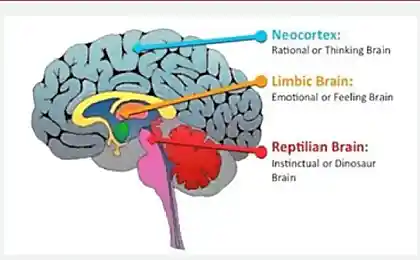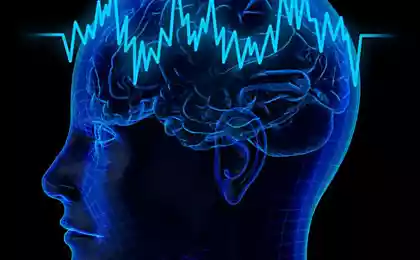193
The secret language of your brain: The amazing habits that make you a genius

The secret language of your brain: The amazing habits that make you a genius
What if the path to genius is through ordinary actions? New research in neuroscience shows that we can all get smarter without having to spend years reading textbooks.

Morning rituals of geniuses
Studies show that the first 30 minutes after waking up can determine the effectiveness of the brain for the whole day. Neuroscientist Andrew Huberman of Stanford University found that exposure to natural light for 5-10 minutes after waking up significantly improves cognitive abilities.
Amazing fact: Your brain produces enough electricity while awake to light a small light bulb.
Lifehack: Place the bed so that the morning sun falls on your face. This naturally synchronizes your circadian rhythms and boosts brain performance.
Unexpected trainers for the brain
Forget Sudoku and crossword puzzles. Recent research from the University of Tokyo has shown that juggling just 10 minutes a day increases gray matter volume in areas of the brain responsible for spatial thinking and memory.

Incredibly, it's a fact: Juggling increases the amount of white matter in the brain by 5% in just 6 weeks.
“We found that any new motor activity stimulates the formation of new neural connections,” explains Professor Takashi Yamamoto. “Even brushing your teeth with a non-dominant hand can be a mini-workout for the brain.”
Food for the mind: unexpected discoveries
Researchers at Harvard Medical School have made an unexpected discovery: spicy foods stimulate the production of brain-derived neurotrophic factor (BDNF), a protein often called “brain fertilizer.”
Culinary lifehack: Adding capsaicin (a substance that makes pepper spicy) to morning coffee can improve concentration by 27%.

Amazing: Your brain contains about 86 billion neurons, but consumes only 20 watts of energy – less than a regular light bulb.
Social hacks for intelligence
A new study from the University of California found that explaining a complex concept to another person increases your own understanding by 90%. This phenomenon, called the “teacher effect,” can be used to improve memory and learning.

Practical advice: Create a “mutual learning” group where each participant takes turns explaining the new concept to the others.
Boredom as a superpower
Researchers at the Max Planck Institute for Cognitive Science have discovered an unexpected link between boredom and creativity. During “doing nothing,” the brain activates the passive mode network (DMN), which plays a key role in creative thinking.

Fact: 47% of creative ideas come to people during monotonous activities or recreation.
Sleep as a secret weapon
A groundbreaking study by the Center for Sleep and Consciousness in Wisconsin has shown that the brain can learn during sleep. Reproduction of the studied material through headphones during certain phases of sleep improves memory by 40%.

Nightlife hack: Listening to a foreign language during slow wave sleep can speed up learning by 2 times.
Moving to genius
“Our research shows that genius is not an innate gift, but the result of right habits and practices,” says Dr. Elena Konnikova, a leading neuroscientist at MIT. “Everyone can significantly improve their brain function by implementing these simple yet effective strategies into their daily lives.”

Remember, your brain is constantly changing and adapting. Start introducing these unusual habits today, and you’ll be surprised how sharp and active your thinking will become after a few weeks of regular practice.
Alchemy of Knowledge: Crossroads of Science and Art
Our grandmothers' superfoods: Ordinary food with unusual properties























